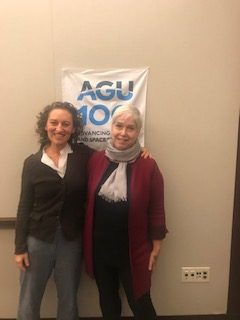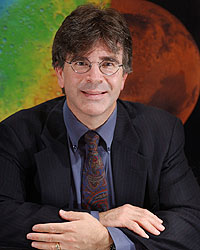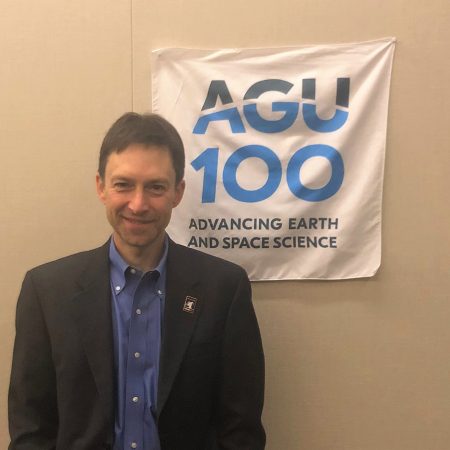Refine
Date Range Clear
Recorded by Clear
Keywords Clear
- resliency 219
- #AGU 219
- future of science 219
- #AGU100 217
- discovery 69
- NASA 63
- #womeninscience 41
- 475 more
Partnerships Clear
- No matching terms.
Organizations Clear
- American Geophysical Union 67
- NASA 18
- National Aeronautics and Space Administration 9
- The American Geophysical Union 5
- American Geopysical Union 4
- 14 more
Places Clear
- AGU 2018 Fall Meeting 167
- Washington DC 164
- AGU 2019 Fall Meeting 22
- San Francisco 21
- AGU 2017 Fall Meeting 5
- 11 more
Languages Clear
Initiatives Clear
- No matching terms.
An inspiring physics teacher, a lesson on the Copernican Revolution, and an immense awe sparked by the night sky ignited a passion for learning and research for Dr. Thomas Zurbuchen, Associate Administrator for NASA's Science Mission Directorate. Dr. Zurbuchen shares...
Thomas Wagner, NASA's Program Scientist for the cryosphere, discusses how his life has developed to study the Arctic and Antarctic. Even though as a student he initially found himself bored by studying glaciology, he soon discovered a passion for polar...
In research, Dalia Kirschbaum literally seeks landslide victories, though in her case this entails finding disasters. The research scientist at NASA’s Goddard Space Flight Center uses satellite monitoring to get clear predictions about actual landslides through satellite information. “My work...
Steve Montzka has been at NOAA for 28 years, working on atmospheric science, atmosphere chemistry, and trace gases in the atmosphere. He started there as a post-doc, drawn by the work he saw NOAA scientists doing on the hole in...
The realization that a purple sunset in Wisconsin traced back to the 1991 volcanic eruption of Mt. Pinatubo in the Philippines fueled Chip Trepte’s interest in the movement of volcanic aerosols in the upper atmosphere. “It was a stunning revelation...
As a mission scientist with NASA's Operation IceBridge, John Sonntag has been keeping an eye on the polar ice caps for the better part of 20 years. The good news is, he is very well-versed in the science and analysis...
Frank Schwing oversees the science information division at NOAA and is particularly proud of his transition from doing science to becoming a manager of science. He says, “Working for a federal agency, one of the demands is to make [the...
Bernard Chovitz has seen it all when it comes to geodesy. From before it was an official field in the early 40s to being one of many AGU sections today, Bernard talks about how the field and science in general...
Sabrina Savage builds instrumentation for solar physics and studies solar flares at NASA’s Marshall Space Flight Center. The technology she helps create delivers the most high-resolution pictures of the sun anyone has ever seen. In a society more dependent upon...
Virginia Wasserberg, community leader of a Thriving Earth Exchange (TEX) project in Virginia Beach, shares her journey of community activism after a flooding disaster in her hometown of Virginia Beach, Virginia. She discusses how her work with the TEX has...
Rosaly Lopes is a planetary geologist at NASA’s Jet Propulsion Lab. She discovered seventy-one new volcanoes on IO, for which she was recognized in the Guinness Book of World Records. She uses her research into the surface of other planets...
Alan Gorchov Negron and Colten Petersen, University of Michigan, share their stories of becoming scientists, and their hopes for their continued research and involvement in geosciences. What is the role of an earth scientist? What is the role of climate...
Stephen Running, an Emeritus Regent's Professor at the University of Montana, shares about his work with NASA studying the global ecosystem from space. Trying out a microscope at a young age ironically led him into a lifetime of looking at...
Having an idol is important in science so you can see yourself doing something similar. Gregory Cutter met his idol, Jacques Cousteau, when he was an assistant professor at Old Dominion University. As an oceanography professor, he worked with different...
James Famiglietti, hydrologist and Director of the Global Institute for Water Security, University of Saskatchewan, discusses his work with NASA's Gravity Recovery and Climate Experience (GRACE) and the evolution of technology throughout his career including its impact on water security....
Bruce Wielicki, a NASA Langley climate scientist, discusses his collaboration with economists to help non-scientists understand how climate change will hit them in the wallet, and how they could reduce that risk with modest investments in improved climate science. He...
Dr. Elkins-Tanton did not always know she wanted to be a scientist, yet she is now the principal investigator for NASA's Psyche mission and the managing director of the Arizona State University Interplanetary Initiative. Hear her talk about her journey...
Chasing storms is “a lot of boredom, and a little bit of excitement”, as Don MacGorman says. He discusses the planning that goes into storm chasing and all the precautions he and his team take to ensure they remain safe...
Hashima Hasan is the program scientist for NASA’s James Webb, XP, and NuSTAR telescopes, helping to bring those missions from cradle to grave. Hashima followed the space race closely growing up in India, which inspired her to navigate into the...
Laura Kong is the director of the International Tsunami Information Center and, given that her organization is based in Hawaii, she directly understands the importance of a tsunami warning system. Tsunamis might be infrequent but can be deadly when they...
By his own count, Chuck McClain has had six mentors in his career. His first may have been a teacher in Kansas City who took him to his first physics demonstration. Since 1978, he’s worked at NASA Goddard Space Flight,...
How can scientists capture the public’s imagination with science? In this interview, Gordon Grant, a research hydrologist with the US Forest Service and President-elect of AGU'S Earth and Planetary Surface Processes Section, shares his experience of bringing a river to...
How rare is it for women to be lead investigators on robotic space missions? This conversation featured two of the very first women to hold that distinction. So, of course, they’re close friends. The lead investigator role requires bringing a...
James Garvin is the Chief Scientist at NASA's Goddard Space Flight Center. Dr. Garvin has been at NASA for 35 years in a variety of roles and missions, and is well known for his incredible work in NASA's Mars explorational...
As a radio astronomer at the Jet Propulsion lab at NASA, Joseph Lazio walks us through his work in radio astronomy and career at NASA. He helped design radio telescopes to solve the mystery of why a hidden star was...
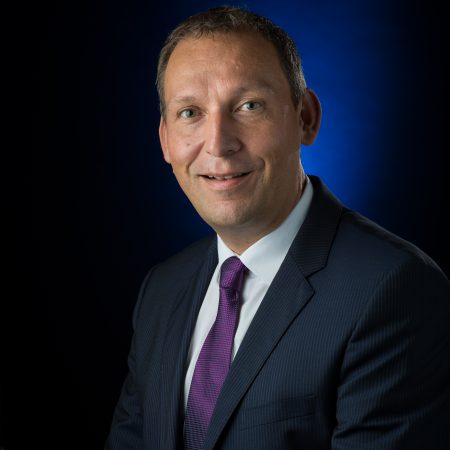
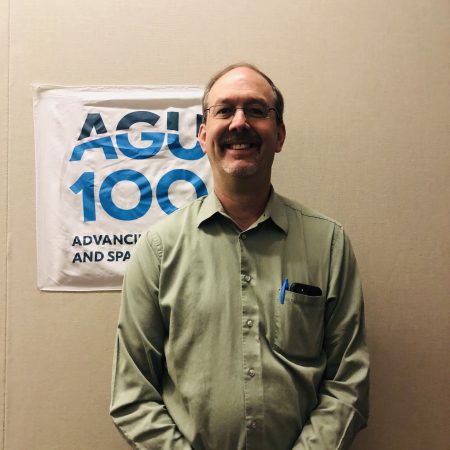
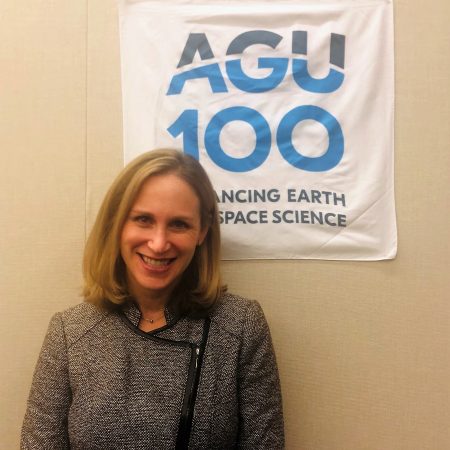
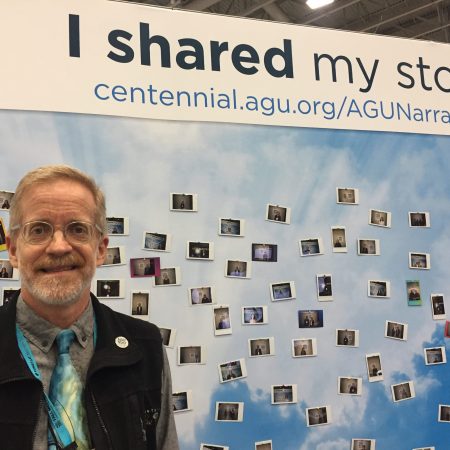
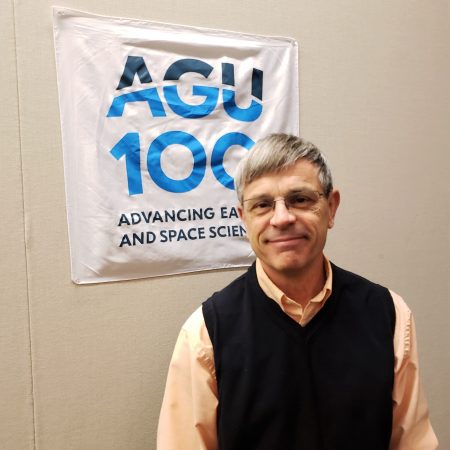
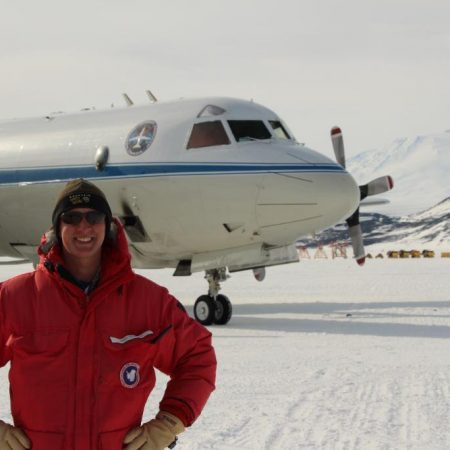
![“We've never had a [unified ocean] policy until the Obama administration; it was quite satisfying work .” An interview with Frank Schwing](https://archive.storycorps.org/uploads/2019/08/181212_Schwing-450x450.jpg)
![“I am very proud to be in the same issue [of Time Magazine] with Marilyn Monroe on the cover.” An interview with Bernard Chovitz](https://archive.storycorps.org/uploads/2019/07/181213_Chovitz_Booth-450x450.jpg)
!["The sun is a terrifying and beautiful laboratory of which we know only a little [about]." an interview with Sabrina Savage](https://archive.storycorps.org/uploads/2019/02/20181213_Savage-450x450.jpg)
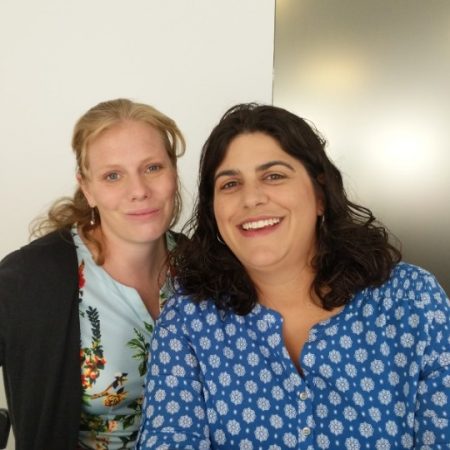
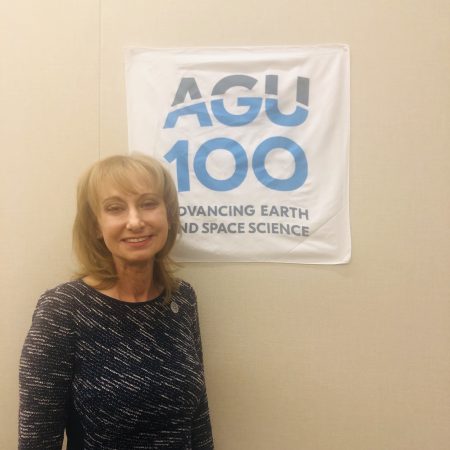
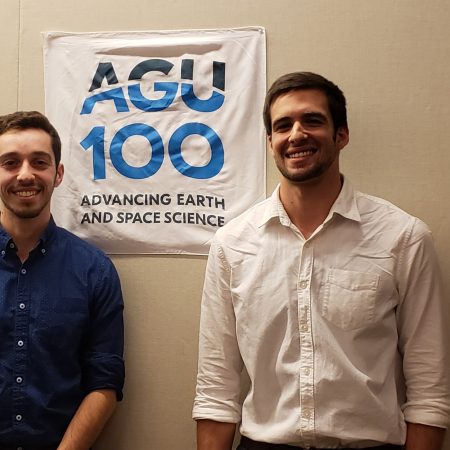
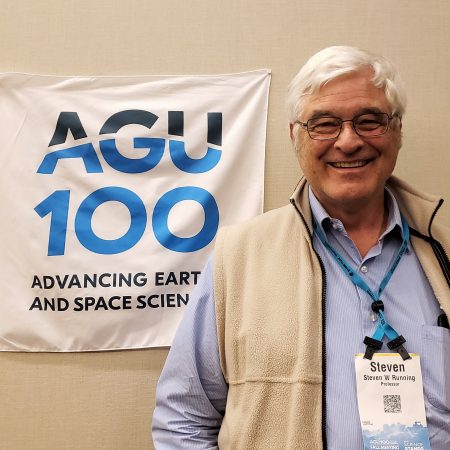
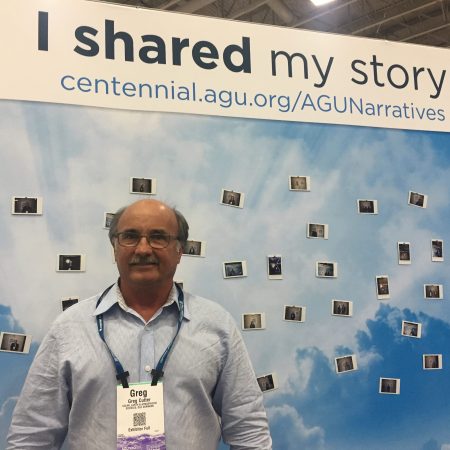

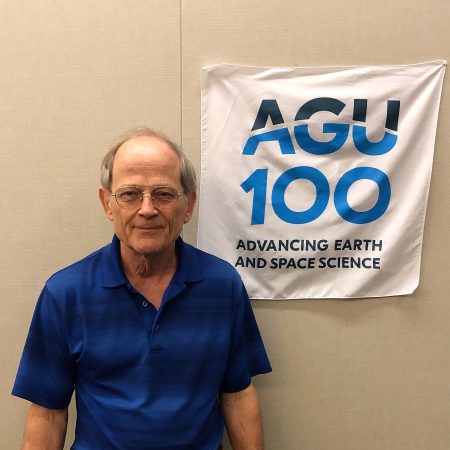
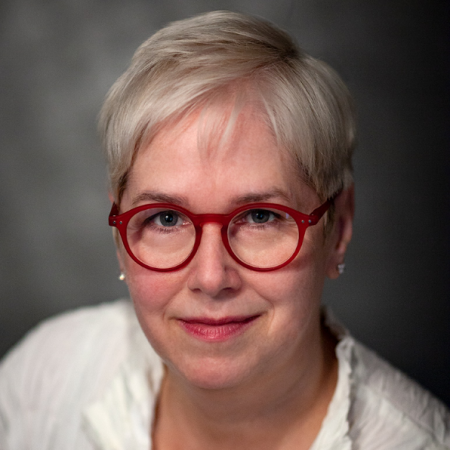

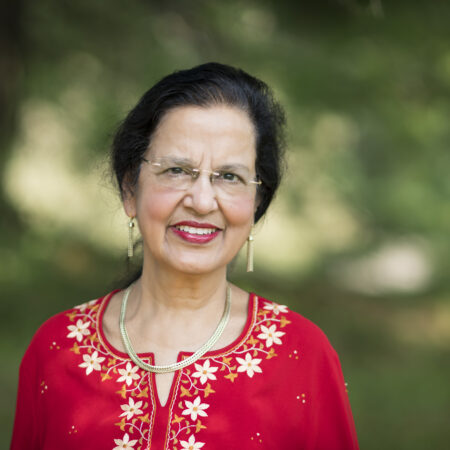
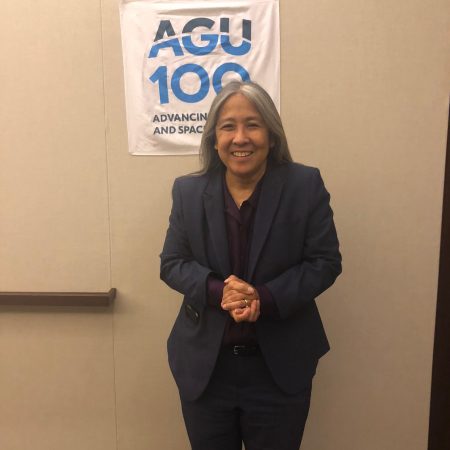

!["Science is a process of understanding nature; [we can] help people see science as a means of doing that." an interview with Gordon Grant](https://archive.storycorps.org/uploads/2019/02/20181211_Gordon-Grant-450x450.jpg)
